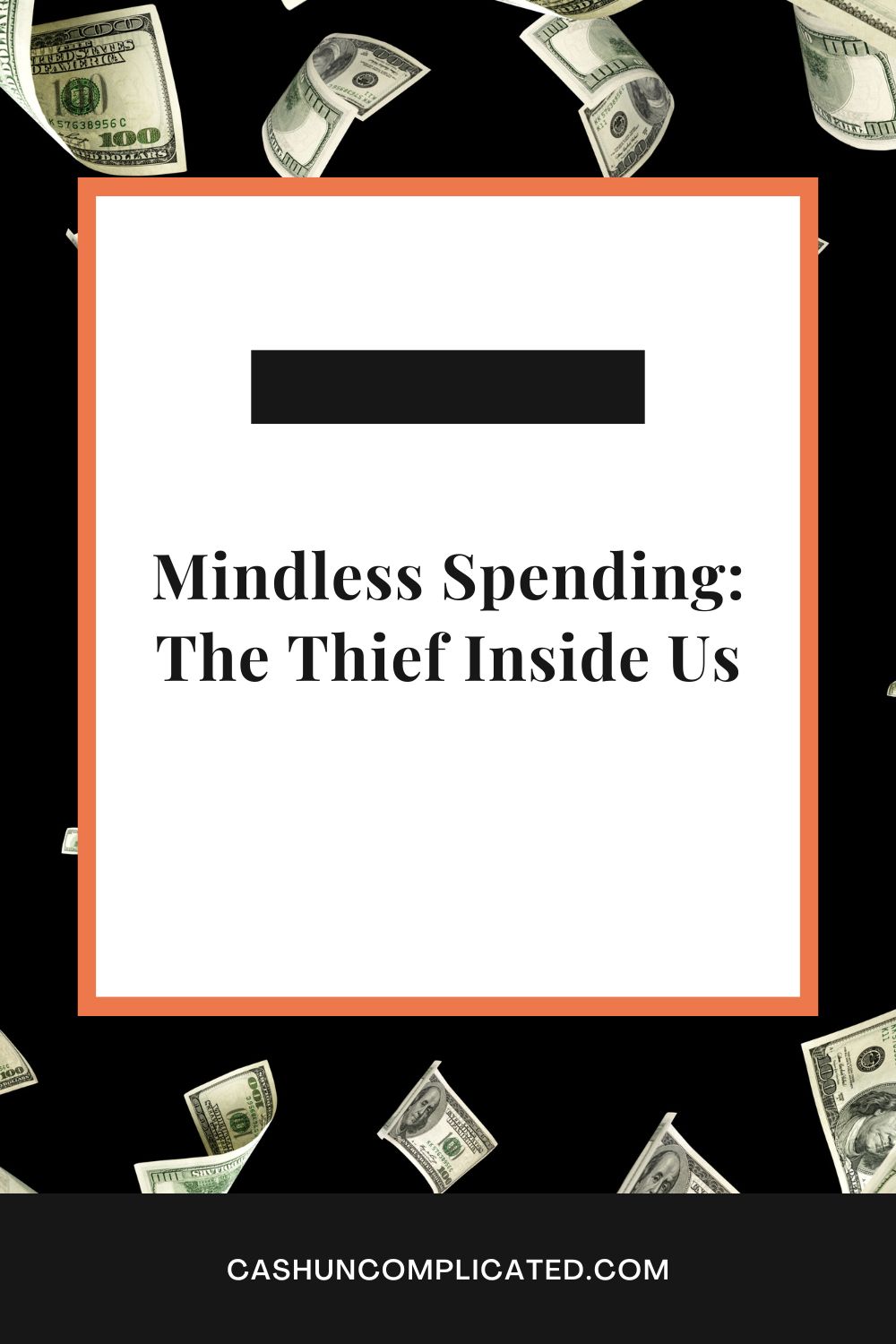Let’s face it, not a lot of people want to have money conversations. There’s a stigma that it’s awkward, intrusive, and even unnecessary. But they are important, especially with someone you are in a relationship with. The majority of this post will focus on specific money conversation topics to make things flow more smoothly.
Why Are Money Conversation Topics Important?
Money conversation topics may not sound like the most exciting thing in the world, but they are important. According to multiple relationship studies, money almost always ends up in the top three things couples argue about. And frequently it’s in the top spot. Money challenges can make or break a relationship.
Money Conversation Topics
The remainder of this post will be dedicated specifically to money conversation topics. Good sentence starters to minimize/eliminate the power struggles behind money, get the other person’s true viewpoints, express our own, and get the conversations flowing.
Many of these questions are interrelated and will have some overlap. As a result, some of these money conversation topics will naturally be answered during other questions.
Number 1: What Are Your Money Goals?
The first of the money conversation topics pertains to money goals. What are your money goals? That includes long-term, medium-range, and short-term goals. This would also include sub-topics such as retirement age, career choice, level of education, etc.
Number 2: What Does Money Mean to You?
You probably aren’t going to get a quick answer to this one. Money means different things to different people. For some people money helps create a sense of security. For others, it’s overcoming great poverty and never having to worry about where the next meal is coming from.
And many people don’t have a lot of self-awareness about money. It’s just something that’s there after you go to work, and not much more thought is given to it. The beauty of this money conversation topic is the depth and variety of answers you’ll hear from anyone you ask.
Number 3: If You Were Financially Independent, What Would You Do?
Another way to phrase this question is if you no longer needed to trade time for money, what would you do? Would you continue to work? Start your own business? Volunteer?
Or would you take a year break to travel the world or stay home with your kids? The world of financial independence opens up a lot of new doors–the choice is yours which one to step through.
Number 4: Who Would You Like to Help with Your Money?
The fourth on the list of money conversation topics is about who you would like to help with your money. There are endless options here, including:
- Family
- Charities
- Individual(s) in need
- Specific groups
There are so many options, and the exciting part is you get to choose.
Number 5: How Does Your Family Think About Money?
Our background and the way we were raised has a big influence on the way we think, act and feel about money. How does your family think about money?
Is there an abundance mindset where there’s a belief more money can be earned and resources will not run out? Or did you come from a scarcity mindset–a belief that money is scarce and hang onto everything you’ve got? Or somewhere in the middle?
Even as people grow up, leave the house, and start families on their own– those thoughts and ideas we grew up with stick with us.
Related: 10 Ways to Create a Positive Money Mindset
Number 6: How Can Money Give You Time Back?
Money can actually help give you time back. Paying for services like lawn care, household cleaning, car mechanics, etc. mean you don’t have to do it. You pay for a service and it’s done. Which saves you time (and probably some frustration).
For example, I had a backed up drain in the kitchen sink. After trying a couple quick and easy fixes, I realized the project was beyond my area of expertise. I hired it out and the job was done quickly, correctly, and efficiently. If I would have tried to make the fix, I would have spent all weekend with multiple trips to the hardware store, watching YouTube videos, and endless frustration.
Instead, hiring a professional saved me from all that and I had to spend very little time. I encourage everyone to think about how money can give you time back. What kind of projects could you give up? What would you do with that extra time?
Number 7: What’s Your Biggest Financial Mistake?
People grow by making mistakes. If you’re not making mistakes, you’re not pushing yourself hard enough. Making mistakes is a naturally part of growth and development.
So what’s your biggest financial mistake? Very common ones I hear from people:
- Getting into credit card debt
- Taking out too much in student loans
- Buying a more expensive car than they could afford
I’ve made plenty of money mistakes. I got into a little bit of consumer debt, bought more car than I could afford, and lived paycheck to paycheck for way too many years. The good thing about mistakes is that we can recover from most of them. And more importantly, learn from them so we keep getting better.
Number 8: Where Do You Learn About Money?
Number eight on the list of important money topics is about where you learn about money. Sources of information matter. If you are learning about money from someone who is chronically in consumer debt and lives paycheck to paycheck, that is not the best source.
However, if you are learning from someone who runs a successful business, has no consumer debt, automates 20 percent or more of their income, and is on track to be financially independent earlier than the average person–that is a good source.
Learning about money comes in many different forms, shapes and sizes. Just a few ways:
- A mentor that you know
- Money coach
- Books
- Podcasts
- Experience
There are so many opportunities to learn, home in on a few and get started.
Money Book Recommendations:
- The Richest Man in Babylon
- Rich Dad Poor Dad
- The Millionaire Next Door
- The Automatic Millionaire
- Set for Life
- The Total Money Makeover
- And of course my book Cash Uncomplicated
Number 9: Do You Think Financial Education is Important?
This is a question with many layers. It’s influenced by the way people are raised, their parent’s viewpoints about money, the time period they are living in, their own success with personal finance, and much more.
The statement “You don’t know what you don’t know” is also very relevant here. Many people believe they understand money and personal finance because they are living comfortably every month. But time creeps up slowly and there comes a realization for many that there’s no end in sight to trading time for money.
To really succeed with money, assets have to be built so that there comes a time where passive income covers the living expenses. This idea doesn’t come naturally to most people–it has to be learned and experienced. That’s where the financial education really comes into play.
Number 10: How Do You Feel About Consumer Debt?
The answer to this question will tell you a lot about a person’s overall financial health. Consumer debt is one of the biggest obstacles to money success I can think of. It keeps people running in quicksand trying to pay off the latest bills and trying to stay afloat by paying the minimum. It’s almost impossible to get ahead and build wealth with consumer debt.
So if someone answers this question that they hate consumer debt and have none, it’s a good sign that they are in a good financial position. But if someone doesn’t understand consumer debt or is heavily in it, there’s a good chance they are not currently in the best position.
Conclusion
Money conversation topics are very important. They are the what’s behind the money curtain. Great topics create great conversations. Which eventually leads to great ideas, thoughts, and actions. It all starts with a topic.
There is always something more to learn and understand. Even if you feel you are at expert level, the learning never stops. There’s always more to learn to help you get better.
What money conversation topics are most important to you?












